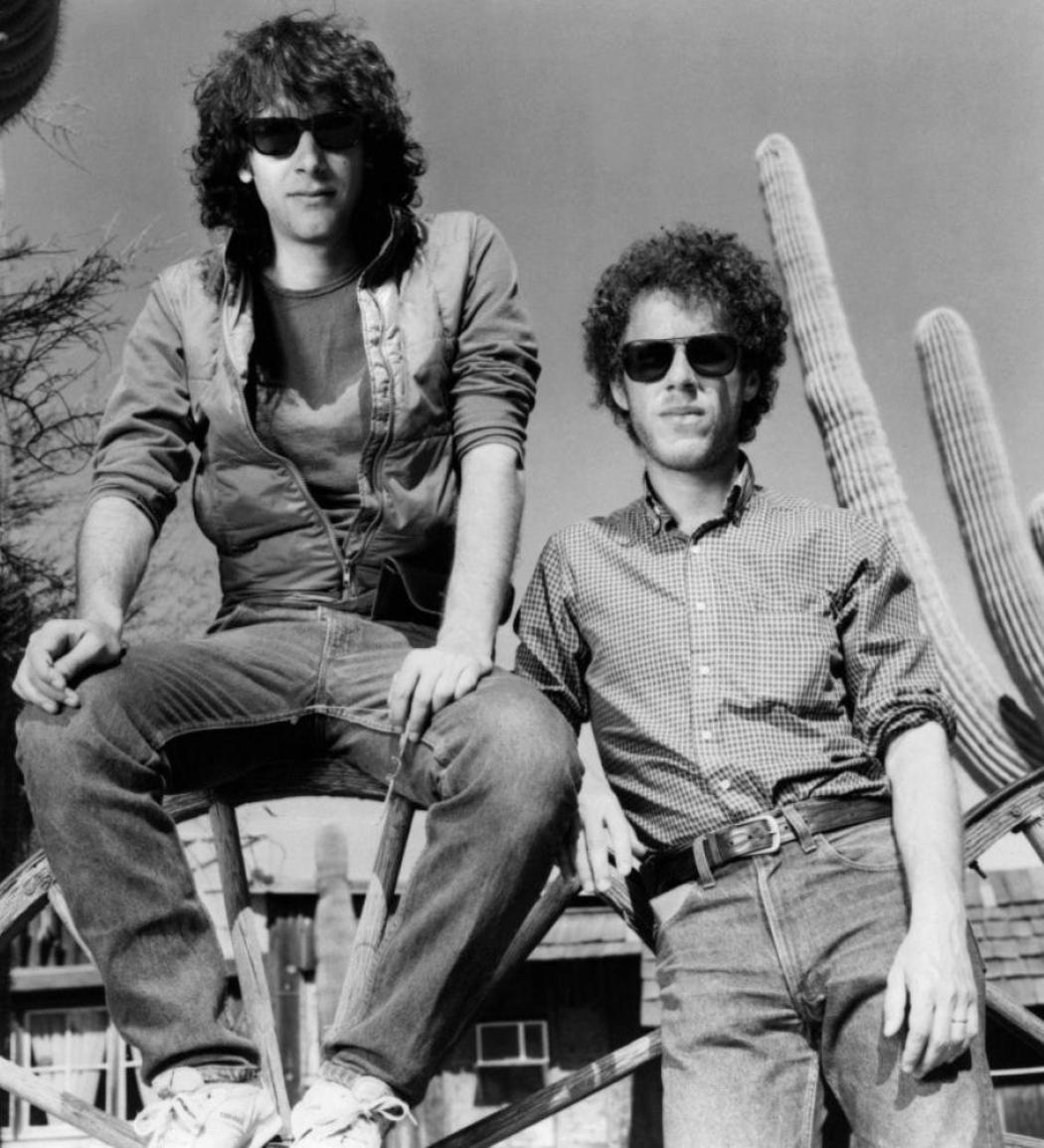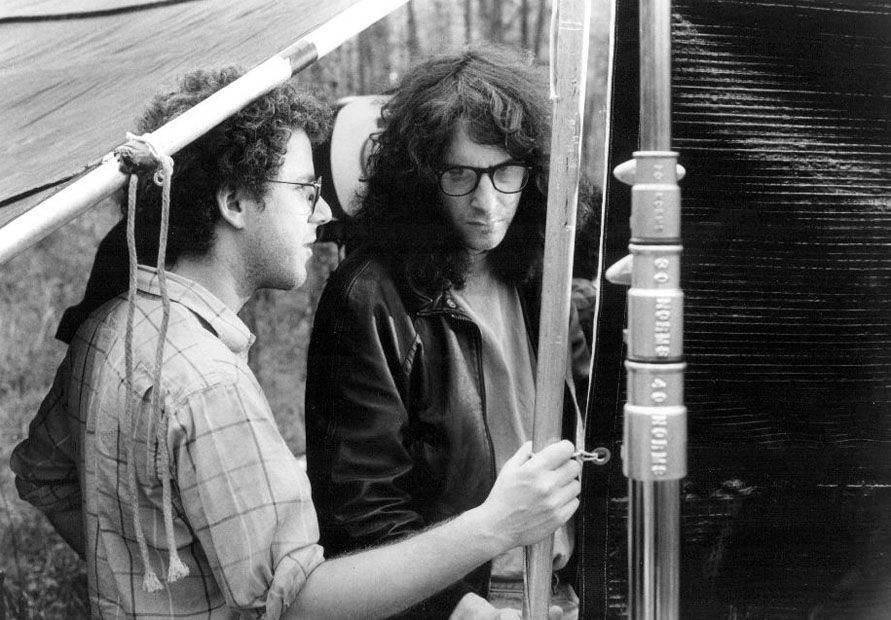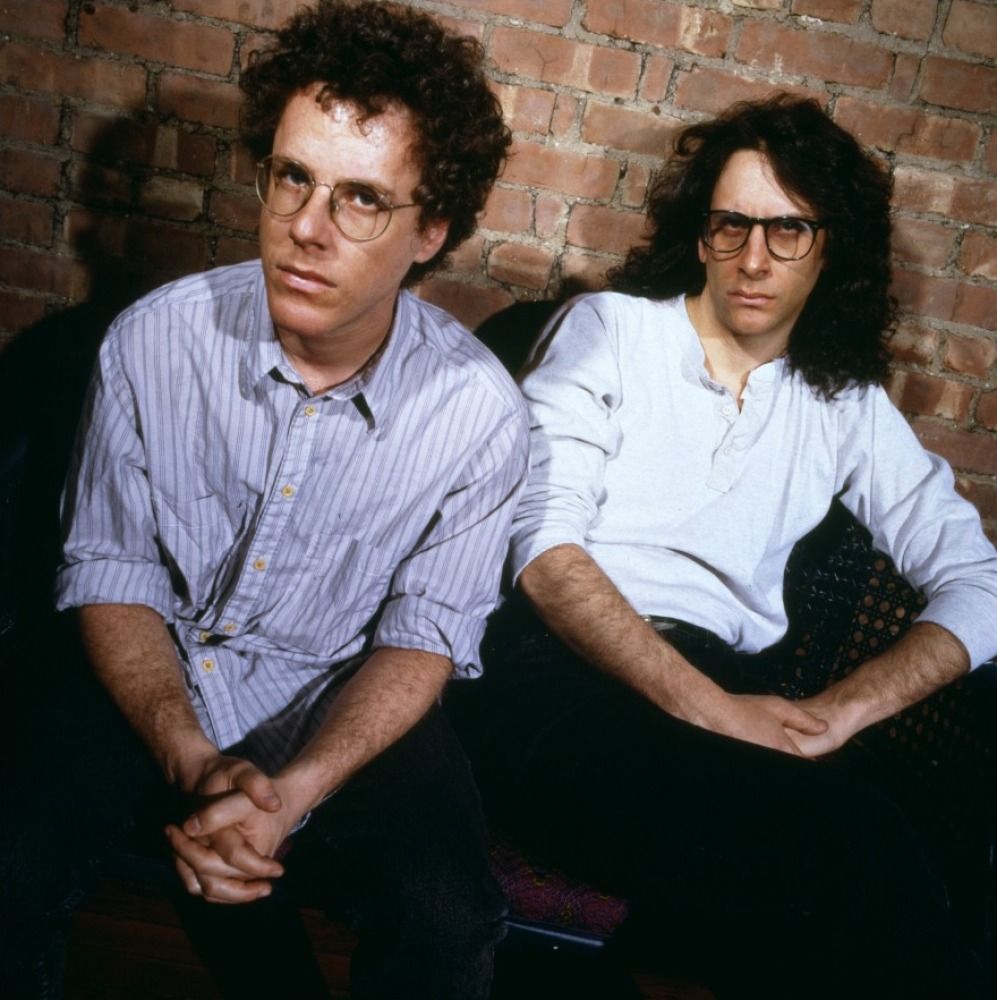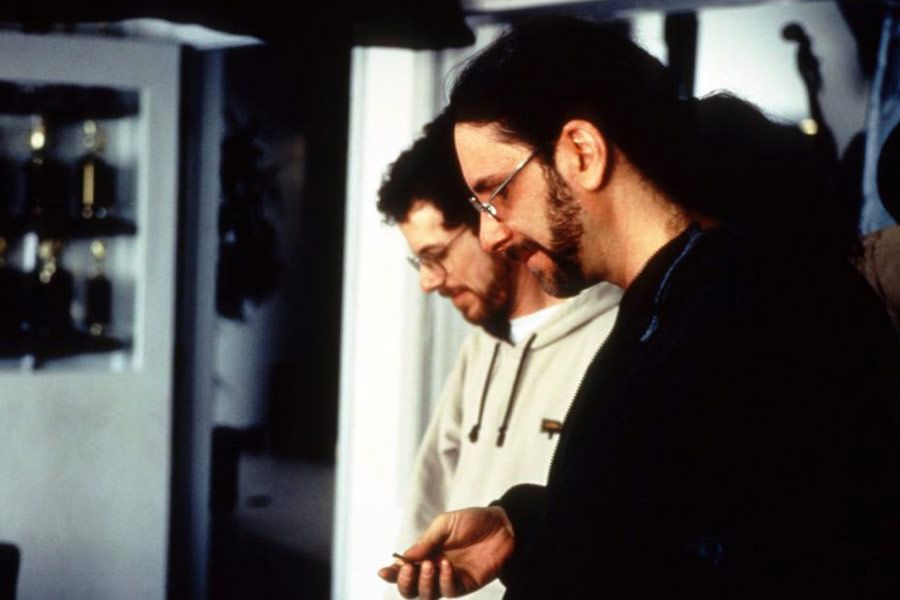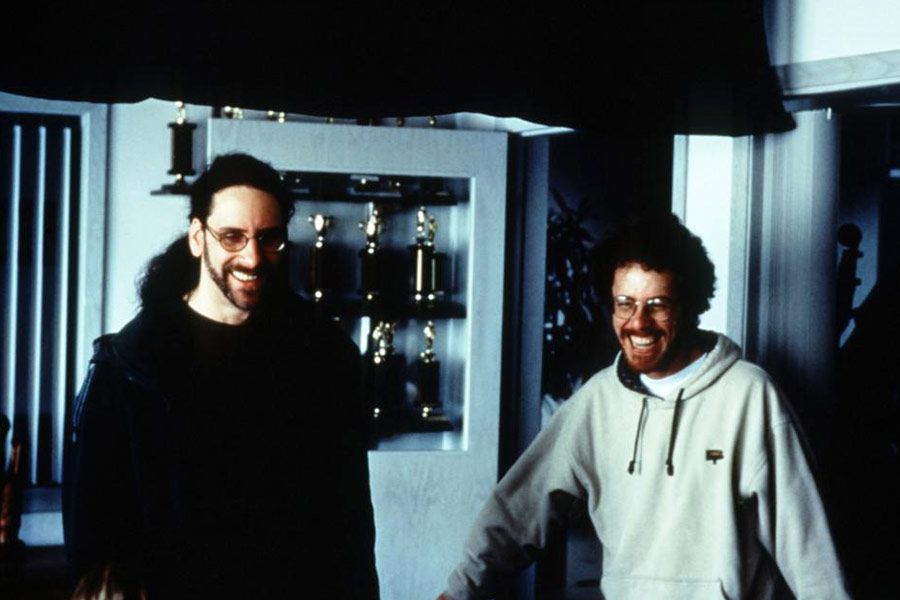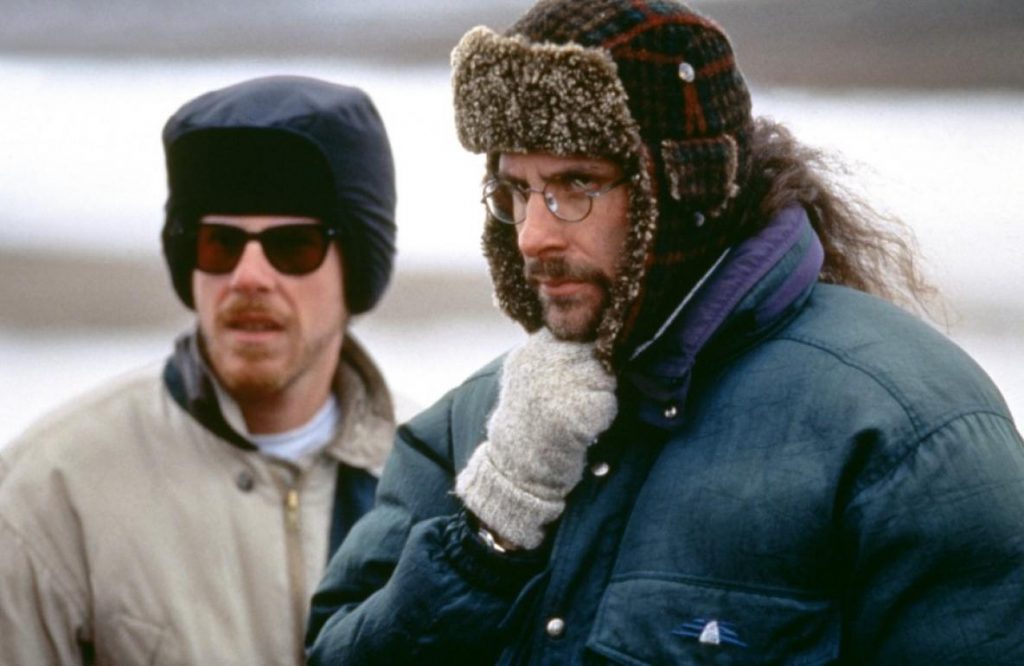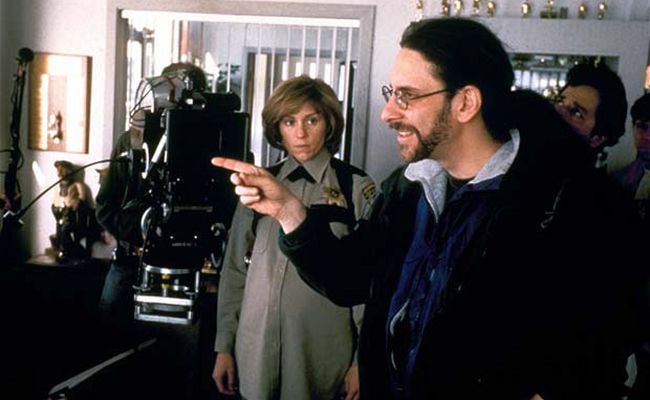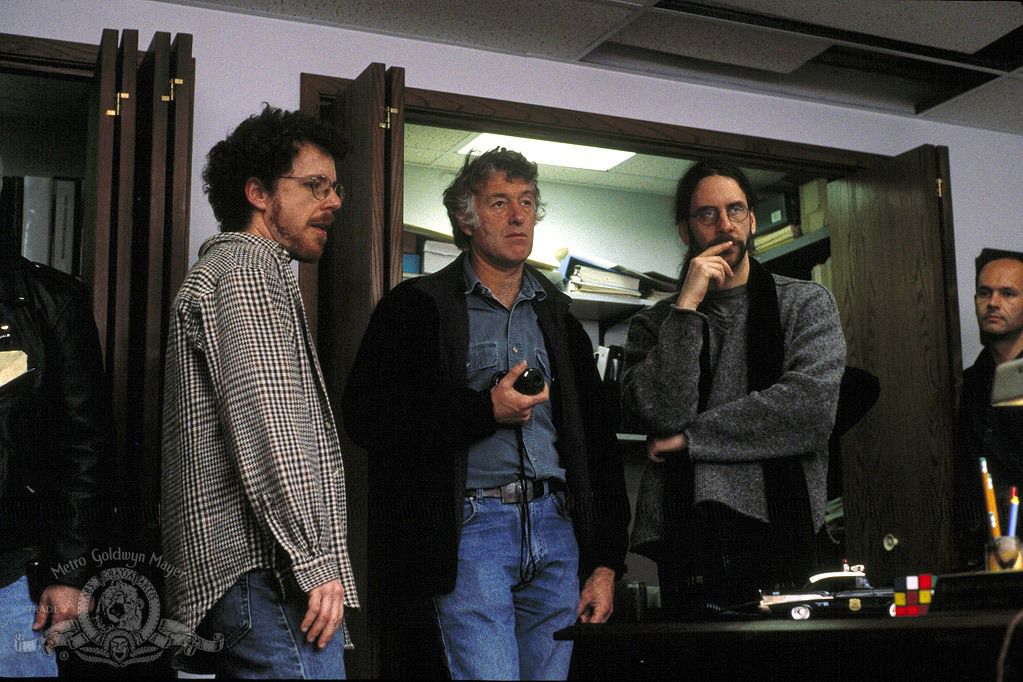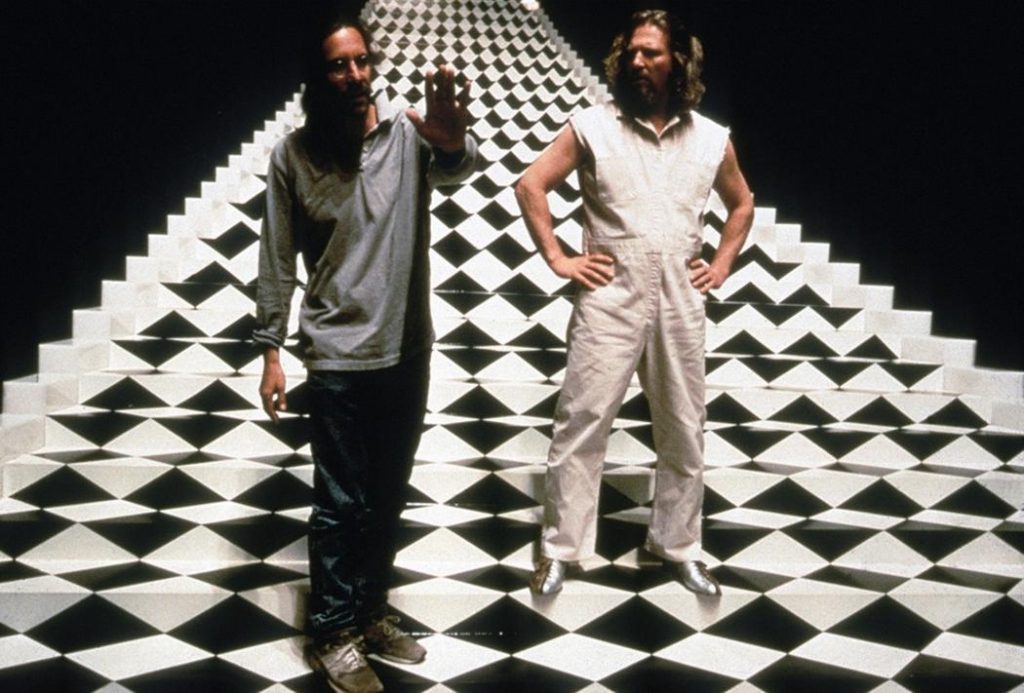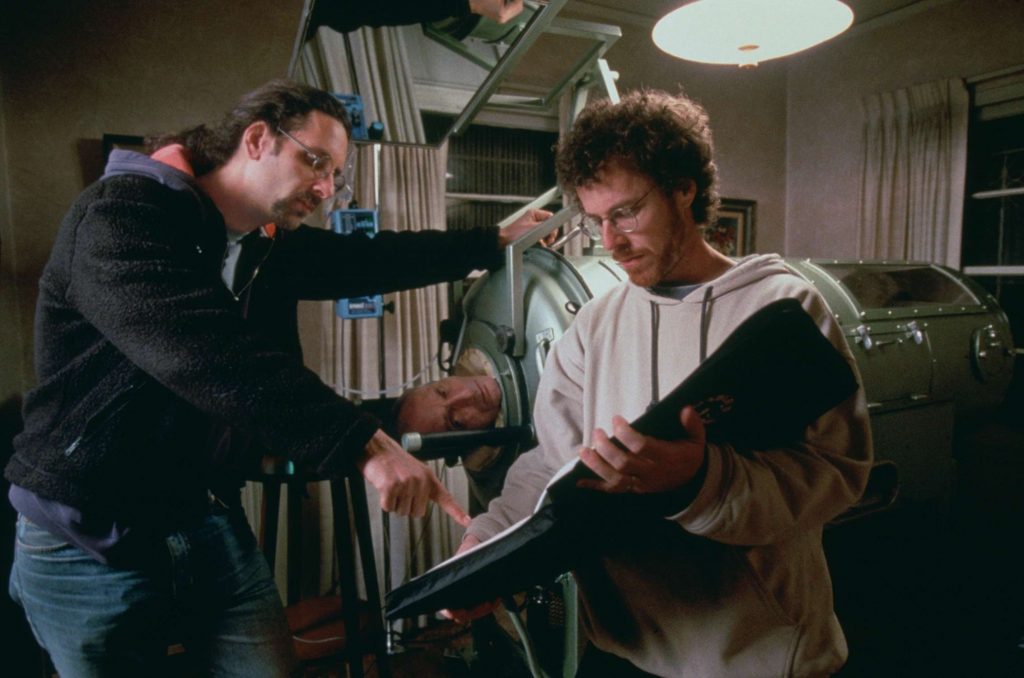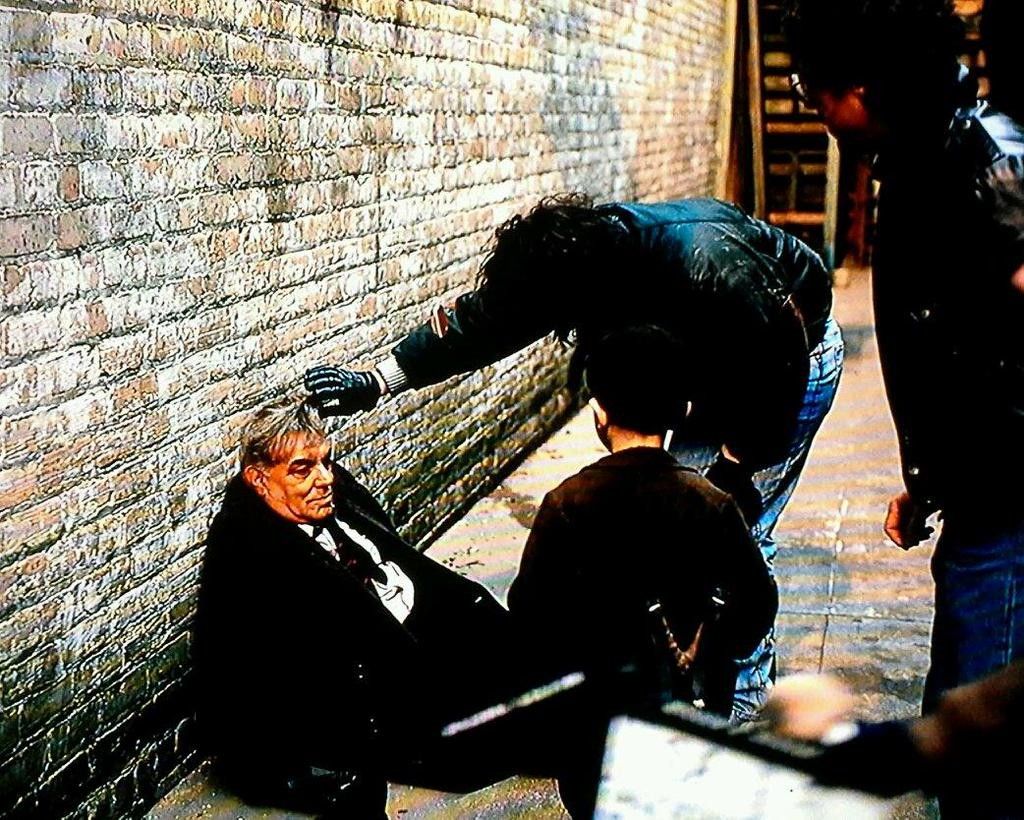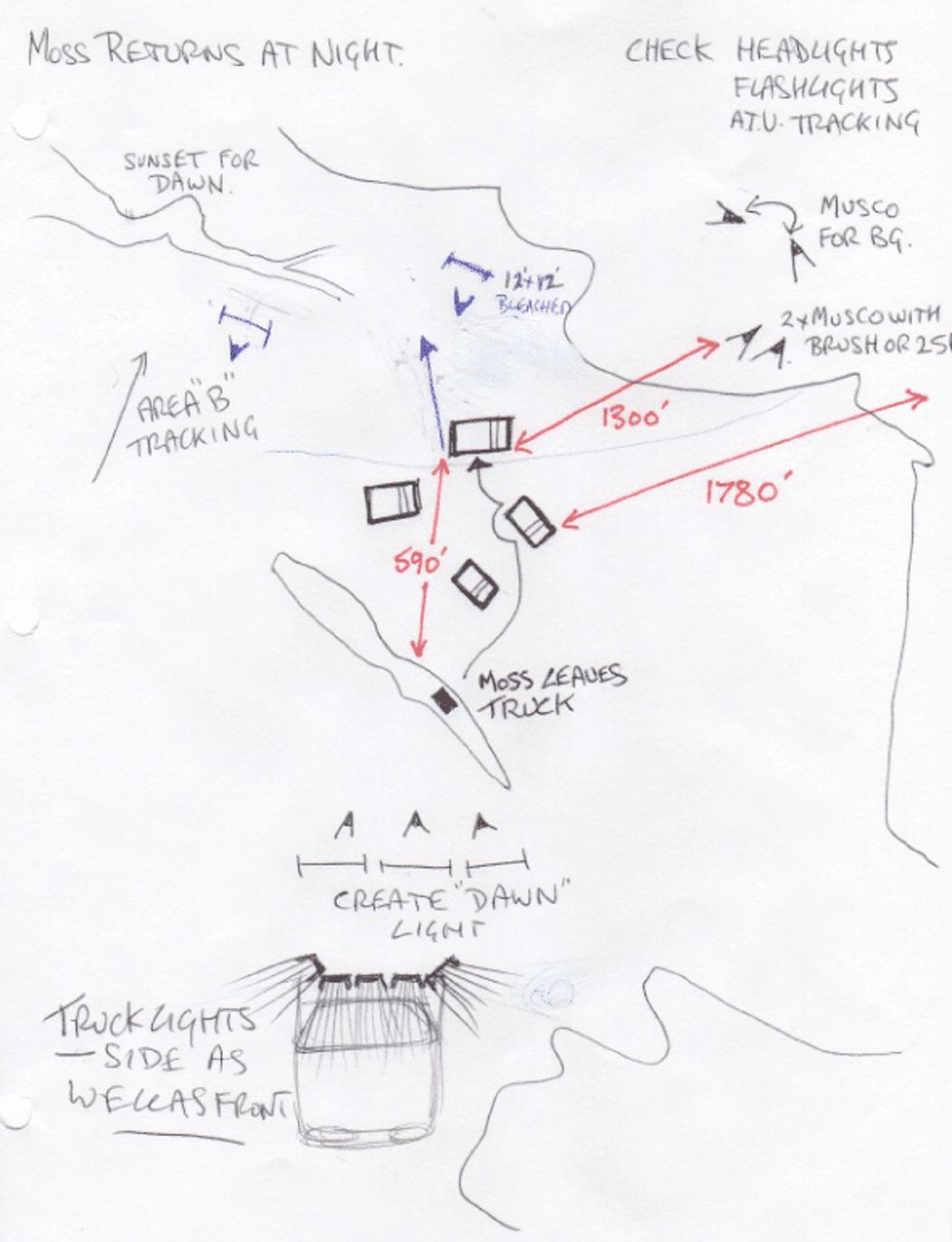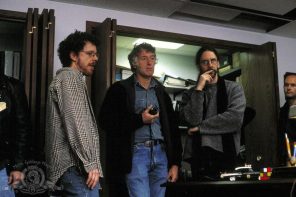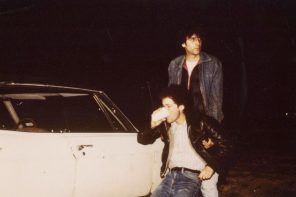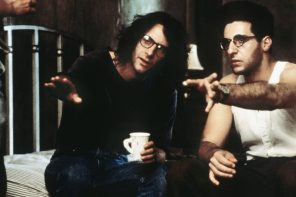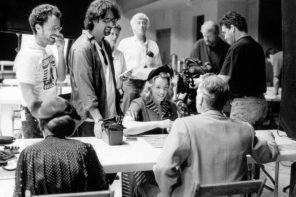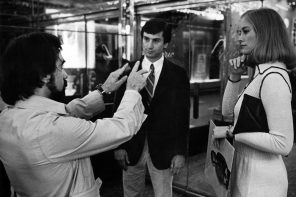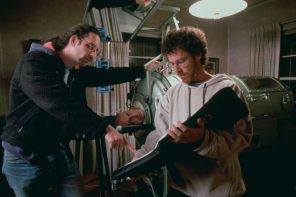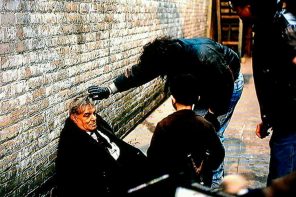From Scorsese and Lynch to Wenders and Godard, interviews with twenty of the world’s greatest directors on how they make films—and why. Each great filmmaker has a secret method to his moviemaking—but each of them is different. In Moviemakers’ Master Class, Laurent Tirard talks to twenty of today’s most important filmmakers to get to the core of each director’s approach to film, exploring the filmmaker’s vision as well as his technique, while allowing each man to speak in his own voice. Martin Scorsese likes setting up each shot very precisely ahead of time—so that he has the opportunity to change it all if he sees the need. Lars von Trier, on the other hand, refuses to think about a shot until the actual moment of filming. And Bernardo Bertolucci tries to dream his shots the night before; if that doesn’t work, he roams the set alone with a viewfinder, imagining the scene before the actors and crew join him. In these interviews—which originally appeared in the French film magazine Studio and are being published here in English for the first time—enhanced by exceptional photographs of the directors at work, Laurent Tirard has succeeded in finding out what makes each filmmaker—and his films—so extraordinary, shedding light on both the process and the people behind great moviemaking. Among the other filmmakers included are Woody Allen, Tim Burton, Pedro Almodovar, Joel and Ethan Coen, Jean-Pierre Jeunet, Wong Kar-Wai and John Woo.
We can’t recommend this book enough and consider it required reading for all aspiring filmmakers. You may purchase it from Amazon or Book Depository. It is also available at Barnes&Noble, as an ebook and in paperback. The following is an excerpt.
MASTER CLASS WITH JOEL AND ETHAN COEN
Joel: Teaching is not something we’ve ever really considered. There is a selfish reason for that—it would take too much of our time and prevent us from working on our projects—but also a more pragmatic one, which is that we would probably have no idea what to tell the students. We’re not the most articulate filmmakers around, mostly when it comes to explaining what we do and how we do it. Sometimes we go to film schools, show one of our films, and answer some of the questions the students might have. But they tend to be very specific questions, which rarely have to do with the craft itself. Most of the time, really, film students are looking for advice on how to raise money.
Ethan: I guess one way to teach could be to show films. Though, once again, our tastes are not what you might call classical. In fact, most of the films we love and that have inspired us are obscure movies that most people consider terrible. I remember when we worked with Nicolas Cage on Raising Arizona, we talked about his uncle, Francis Ford Coppola, and told him that Finian’s Rainbow, which hardly anyone has ever seen, was one of our favorite films. He told his uncle, who I think has considered us deranged ever since. So anyway, if we did show these kinds of films in a classroom, it might get a good laugh but might not necessarily teach anyone how to make a good film. Though I guess getting exposed to different kinds of filmmaking, and becoming more open-minded about cinema, is one of the advantages of going to film school.
Joel: The other advantage of film school is that it does give you some experience in dealing with the chaos of the set. It’s all on a much smaller scale, of course. You’re dealing with crews of five to ten people, budgets of a few hundred dollars. But the general sense of how things work, and the dynamic you have to deal with in terms of people and time, and even money, isn’t that much different.
Ethan: Joel went to film school, but I didn’t. I learned the basics, the nuts and bolts of how a film gets made, by working as an assistant editor and then, eventually, as an editor. And I think that’s actually a very good way to learn because going through all this raw material lets you see firsthand the way a director took a script and broke it down. You get to see what good coverage is and what bad coverage is. You see all the shots that are useless, and you understand why. Also, it gives you a good idea of what actors do. You see the raw material and you see them do take after take after take, and you can observe how they evolve. In my view, it really is the best learning experience you can have. Short of actually making a film, of course.
MAKING MOVIES IS A BALANCING ACT
Ethan: I’m tempted to say that the biggest lesson we learned about filmmaking is that there is no net, which is a line from David Mamet’s Speed-the-Plow. But I guess the main lesson is that you have to remain flexible. You have to remain open-minded and accept that sometimes you can’t get what you want. You can’t be too married to your own ideas. Well… that’s not quite true: there has to be a sort of central idea that you’re after, that you’re aware of and that you don’t let circumstances distract you from. And there is a danger, actually, of letting yourself be seduced from the original idea that got you interested in the movie. And there is often a lot of pressure to alter your ideas because something is going to be too difficult to achieve, logistically or financially… And you have to know when to resist that.
Joel: That’s true, making movies is a balancing act. On the one hand, you need to be open to new ideas if the reality of the situation requires it and not rigidly try to reproduce your original ideas. But on the other hand, you must have enough confidence in your own ideas so that you’re not changing in response to any sort of exterior exigency that will want to make you push the movie one way or another. But there are no lessons, really, no rules that you can rely on. It’s always a fluid situation where you have to kind of use your instincts.
Ethan: Since we’re controlling the film pretty much from beginning to end, it’s easy to keep on doing what we want to do. However, reality always remains an obstacle. You get to the set and a scene doesn’t work the way you planned it, or the light doesn’t look like what you wanted… And the fact that we do our own thing makes everything we want even more specific and precise. So circumstances are even more likely to not give us what we want.
THE SCRIPT IS JUST A STEP
Joel: It’s hard to say where our original desire comes from, whether it’s the writing or the images. Our interest is in stories, that’s certain. We like telling stories. But we don’t see the writing as the best form to do that. It’s just a step. We really think in terms of images.
Ethan: The main difference for us between the writing and the directing is that we’re willing to write for other people but we wouldn’t direct a script that has been written by somebody else. Part of it comes from a purely pragmatic point of view: writing a script takes a few weeks, sometimes a few months. Directing a film can take up to two years of our lives. So it better be worth it!
Joel: Also, writing for other people is an interesting exercise. It gives you an opportunity to work on material that is interesting but that you wouldn’t consider filming yourselves. It’s a way to experiment in a relatively safe way. We don’t even mind getting rewrite notes from studios, whereas we would never accept it on one of our own films. Because when you write for hire, it becomes a problem-solving game. And we have fun doing it.
Ethan: When we work on our own films, however, we really try to shut out outside points of view. And we don’t test much, we don’t show work in progress, because we find that you can get really conflicting information from that process. The major thing you’re concerned about, really, is clarity. And that’s a hard thing to determine by yourself. It’s really like looking at two color cards and asking yourself, “Does this one work better than the other?” rather than showing it to a bunch of people and asking, “Which do you like better?” Of course, you’re not really making the film for yourself; you’re always making it for some audience, but it’s a very generic audience for us. It’s kind of an abstract audience. When we’re on the set making decisions, we’re always wondering whether a scene works or not, whether it’s going to play or not, and really, we’re wondering that in regard to the audience, not for us specifically. But it has to work for us too. In fact, it has to work for us first, I guess!
YOUR VISION SHIFTS A LITTLE EVERY DAY
Joel: When we start writing a script, we don’t necessarily know what it’s about, or what form it’s going to take, or where it’s going to go, and it comes to life little by little. It’s true with the movie too, but in a slightly different way. With us, the finished movie probably resembles the script more than with most directors, mainly because we tend to shoot the script and not revise it extensively in production. But on the other hand, there are so many subtle changes, every day, that the movie really becomes different at the end from what you originally had in mind. Everything has kind of shifted, and you usually can’t even remember what your original vision was.
Ethan: Filmmaking has its own grammar, just as literature does. Everybody knows what basic coverage should be, and just because you have some kind of idiosyncratic ideas that might work even though they’re breaking the rules, the fact remains that there are rules that are there and that work. There is such a thing as a conventional way to cover a scene. A good director knows what the most basic way to cover is, and I guess most will try to go for that. But of course, following the rules does not guarantee that the film will work. That would be too easy.
Joel: We usually storyboard most of the shots. But when we get on the set in the morning, we start by rehearsing with the actors. We walk around the set with them a lot, and usually they sort of figure out the best blocking among themselves, depending on what is most comfortable or most interesting. After that, we go to the director of photography and decide, from what we’ve seen of the acting, how much we want to stick to the storyboard or not. And most of the time, we’ll ignore it because the blocking of the scene makes the storyboard academic.
Ethan: We know pretty much exactly how we want to shoot each scene. Sometimes exactly, and usually at least roughly. How much we actually cover depends on a lot of things. We frequently shoot scenes—especially in our most recent movies, and particularly in Fargo—that have no coverage at all because they’re done in one shot. And in other scenes we do so much coverage that we look at each other at the end of the day like we’re a couple of morons who’ve never made movies!
Joel: I guess we tend to cover more at the beginning of the film, because it’s usually been a long time and we’re a little nervous and afraid. And then, as we get back into the rhythm, we become more confident.
A WIDER APPROACH
Ethan: We’re not particularly purist about anything technical. We’re ready to try anything. Although, in terms of lenses, we probably tend to use wider lenses than most directors. That’s always been true. One of the reasons for that is that we love moving the camera, and wide lenses make the moves much more dynamic. And they give a longer depth of field. On the other hand, the longer lenses tend to be more flattering to actors, and though I know it is a concern to most directors, I have to confess it’s never really been the case for us. Our new director of photography, Roger Deakins, whom we’ve been working with since Barton Fink, is slowly trying to change that. I don’t think he had ever used a wider lens than a 25-millimeter before working with us. And I don’t think we’d ever used anything longer than a 40-millimeter, which most people already consider pretty wide.
Joel: The two films we probably experimented the most on were Blood Simple and Barton Fink. Blood Simple, because it was the first one and so everything had the virtue of novelty. And to tell the truth, we weren’t quite sure what we were doing. Barton Fink, because it is the most stylized film we’ve made and also because it faced us with the question, How do you make a film about a guy in a room, pretty much, and still make it interesting and compelling? It was a real challenge. But The Hudsucker Proxy was also an experiment in extreme artificiality, and Fargo was an experiment in a sort of extreme reality—which was a fake reality, because it was as stylized as the other ones. Compared to all that, the films we’re making today are not real adventures. Not that we don’t like the way they look, but they’re all stuff we’ve done before, pretty much.
THE BEST ACTORS BRING THEIR OWN IDEAS
Joel: Neither of us has any acting background; we sort of came to filmmaking from the technical end or the writing end, as opposed to someone who comes from the theater and has experience working with actors. So we hadn’t worked with professional actors when we made our first film, and I remember that we had very specific notions of what a line should sound like, or how a reading should be done. But as you get a little more experienced and start having a little more fun with it, you realize that you have one idea and it may not be the best idea. And that’s what you hire the actors to do, to improve on your conception—not just to mimic it but to expand it, to create something of their own which you couldn’t have imagined yourself.
Ethan: Working with actors is really a two-way system. And the director doesn’t tell them what to do as much as explain to them what he wants so that the actors can adapt to that, to help them out. Because you’re not there to teach them how to act. You’re there to give them what makes them comfortable, to give them the kinds of things they’re looking for from you. Sometimes they’ll want to talk a lot around what you’re doing but not specifically about it. Or sometimes it’s just “Tell me where to stand and how fast to talk.” So it’s a question of getting a feeling in the first few days of what their process is, to be sensitive about that. And maybe that means to stay out of their way.
Joel: Actors like to work in all different kind of ways. No question about that. But the really easy actors to work with from a visual point of view are the ones who have their own ideas, which may not conform to how you imagine a scene being blocked or may not fit into what your visual plan was for the scene. But they tell you what their ideas are. And they’re also sensitive to a certain extent to what you’re trying to do visually. Jeff Bridges, for instance, is very much like that. He’ll adapt his ideas to your vision. He has his own thing, but he can work it around to compromise with your ideas.
Ethan: Of course, casting is important. And you have to be open to surprises. Sometimes you cast someone obvious, and sometimes you have to take a risk to get something more interesting. For instance, Miller’s Crossing wasn’t written for an Irishman. But Gabriel Byrne came in and said he thought it would sound pretty good with an Irish accent. And I know I was thinking, “Yeah, right.” But then he did it, and we realized it did sound pretty good. And so we changed the part. Same with William H. Macy for Fargo. We had in mind the total opposite: someone kind of fat and a little schleppy. But Bill came in and made us totally reimagine the character. That’s why we often like to see actors read, even if we know their work, because that kind of thing does happen.
Joel: Once we’ve cast and have started working on the set, though, we’re not too open to surprises anymore. We don’t like to let actors improvise, for instance. That isn’t to say that actors don’t sometimes rewrite lines or come up with their own lines, but that’s different from improvisation. The only time we do actual improvisation is during rehearsals, to bring certain things out, but that usually doesn’t affect the scene itself. What we’ll usually do is ask the actors to invent the parts of the scene that aren’t written, the five minutes that take place before and after the scene. We find that it helps them get into the scene better. Jeff Bridges and John Goodman liked to do that a lot on The Big Lebowski. And sometimes it was very funny. Actually, sometimes it was even better than what we wrote!
Get Cinephilia & Beyond in your inbox by signing in
[newsletter]
